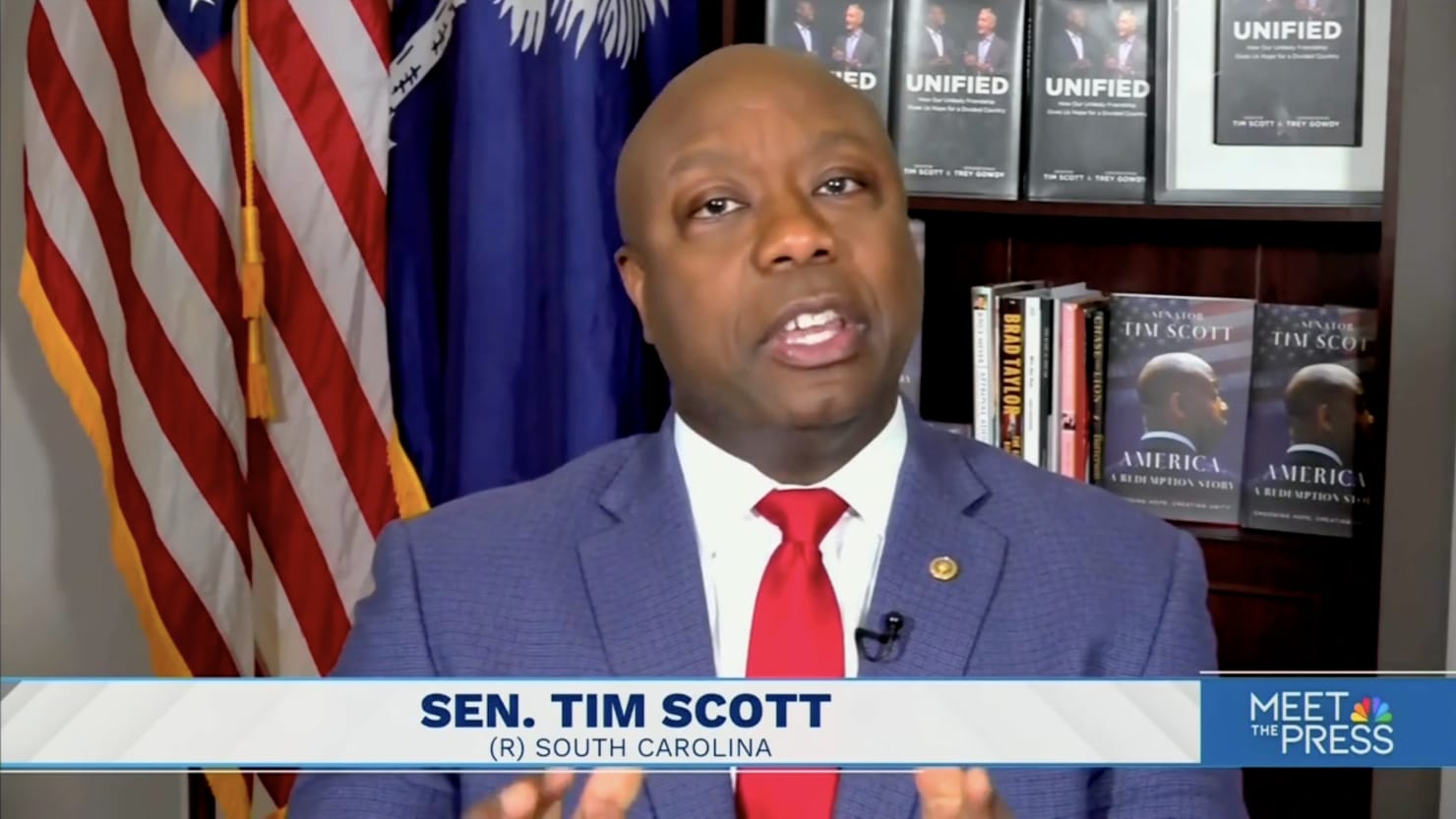Israeli strike kills two journalists in South Gaza
Hamza Dahdouh, the son of Al Jazeera’s Gaza bureau chief, Wael Dahdouh, was one of two journalists killed by an Israeli strike in Gaza.
Several key Middle East countries have come around to the notion of helping plan for a postwar Gaza, Secretary of State Antony Blinken said Monday amid a whirlwind trip of the region partly aimed at keeping the Israel-Hamas war from expanding.
Blinken also said he has found widespread interest in normalizing relations with Israel among Arab nations he has visited during this fourth journey to the region since October, provided some conditions are met.
Saudi Arabia, Jordan, Qatar, the United Arab Emirates and Turkey indicated they would consider participating in and contributing to devising the future reconstruction and governance for Gaza, Blinken told reporters. Previously they had held out for a cease-fire before they would commit.
The countries’ leaders “agreed to work together and to coordinate our efforts to help Gaza stabilize and recover, to chart a political path forward for the Palestinians and to work toward long-term peace, security and stability in the region as a whole,” Blinken said.
Through mediation from the U.S., Israel and Saudi Arabia had been negotiating a normalizing of relations before the brutal Hamas assault of Oct. 7 that left 1,200 dead in Israeli border communities. Talks were paused shortly afterward as Israel launched a potent military response that has resulted in more than 23,000 Palestinians deaths and rampant destruction, drawing harsh criticism from Arab nations.
However, Blinken said just before departing from Saudi Arabia to Israel on Monday night that normalization came up at every one of his stops and is far from dead.
“There’s a clear interest here in pursuing that; there’s a clear interest in the region in pursuing that,” Blinken said. “But it will require that the conflict end in Gaza, and it will also clearly require that there be a practical pathway to a Palestinian state. This is what I heard from everyone we talked to about it. But this interest is there, it’s real and it could be transformative.”
Conflict hits the 3-month mark: Airstrike kills 2 Palestinian journalists
Developments:
∎ Israeli forces killed three Palestinian militants as they exchanged fire during an arrest Monday in the West Bank, where violence has spiked since the war started.
∎ Israel’s defense minister says his country is “fighting an axis, not a single enemy.” Yoav Gallant told The Wall Street Journal he believes Iran is using Hamas and Hezbollah to build military strength around Israel “in order to use it.”
Israeli fighter jets attacked Hezbollah infrastructure targets in Lebanon on Monday as Israel threatened to expand a brutal war with Hamas that already has killed more than 20,000 Palestinians and left the Gaza Strip in ruins.
The clash came as Hezbollah said one of its top commanders was killed in Lebanon, apparently by an Israeli attack. Wissam Hassan Al-Tawil, who led a unit Israel says has been working to infiltrate its northern border, was killed in a strike on his SUV in southern Lebanon.
The military said its foray into Lebanon followed an anti-tank missile launched from Lebanese territory toward Kiryat Shmona, an Israeli city of 22,000 people 10 miles from the Lebanon border and about 115 miles north of Tel Aviv. The attacks came a day after Lt. Col. Herzi Halevi, the Israeli military chief of staff, said Israel’s current efforts to curtail missile attacks from Lebanon would be successful “or we will get to another war.”
Sheikh Ali Damoush, deputy chairman of Hezbollah’s executive council, said there will be no talks on halting the cross-border clashes until Israel stops its “aggression against Gaza,” Al Jazeera reported.
Before departing from Saudi Arabia to Israel on Monday night, Blinken told reporters it’s not in the best interests of Israel, Hezbollah or Lebanon for the war to escalate. “The Israelis have been very clear with us that they want to find a diplomatic way forward,” he said.
Al Jazeera political analyst Marwan Bishara says Israel’s possible motives for killing al-Tawil include sending a message to the Biden administration that if the U.S. doesn’t “do something about Lebanon and Iran,” then Israel will do whatever it takes to provide security.
But Bishara said other possible motives include “putting Hezbollah on notice” that Israel won’t allow continued attacks from across its northern border, retaliation for Hezbollah’s recent attack on an Israeli air control base, and/or drawing attention away from Gaza, a front where Bishara suggests the fighting “is not going well.”
Israel said it has largely neutralized Hamas’ military capabilities in northern Gaza, though some fighting and bombing continue there and is now focusing on the territory’s central region and the southern city of Khan Younis.
The Israeli military is expected to take a more surgical approach to operations in the south, responding to repeated calls from the U.S. to limit civilian casualties. Rear Adm. Daniel Hagari, the military’s chief spokesman, said the process of dismantling Hamas in the enclave would last through the year.
“We will do it in a different method, in a thorough way,” Hagari said, “based on the lessons we learned from the fighting until now.”
Israel has already withdrawn thousands of troops from Gaza, and the Biden administration has continued to press for the Israel Defense Forces to reduce the intensity of its offensive. More than 23,000 Palestinians have been killed since the war started, according to the Gaza Health Ministry, about two-thirds of them women and children.
When President Joe Biden was interrupted by protesters demanding a cease-fire in Gaza as he delivered a campaign speech Monday in Charleston, South Carolina, he said he understood their passion and added: “I’ve been quietly working with the Israeli government to get them to reduce and significantly get out in Gaza.”
New York City police said they arrested more than 325 people after hundreds of antiwar demonstrators blocked major bridges and a tunnel leading into Manhattan during rush hour Monday morning.
Some of the activists sat in roadways and locked themselves together using zip ties and cement-filled tires, as they joined the growing number of protesters in the U.S. and elsewhere demanding a cease-fire in the Hamas-Israel conflict, which has resulted in nearly 25,000 deaths.
New York Mayor Eric Adams disapproved of the demonstrators’ tactics, saying, “The right to protest does not give one the right to block bridges and tunnels.”
Pope Francis again condemned Hamas’ attack on Israel and urged the international community to pursue a two-state solution to end the crisis. The pope, in his annual State of the World address to the diplomatic corps in the Vatican, said the attack led to the horror unfolding in Gaza, which has “caused an exceptionally grave humanitarian crisis and inconceivable suffering” for Palestinians. Civilian victims should not be viewed as “collateral damage,” but as adults and children with names who lose their lives.
“I renew my appeal for a cease-fire on every front, including Lebanon, and the immediate liberation of all the hostages held in Gaza'” the pope said. “I ask that the Palestinian people receive humanitarian aid, and that hospitals, schools and places of worship receive all necessary protection.”
Last week, in response to the Oct. 7 Hamas massacre, Israel promised a repeat of the covert “Wrath of God” assassination campaign launched after the deadly Palestinian terrorist attack on Israeli athletes at the 1972 Munich Olympics. The Mossad is “committed to settling accounts with the murderers” behind Oct. 7, said David Barnea, the chief of Israel’s Mossad intelligence agency. There are some differences between the current campaign and the earlier one, however, including the number of perpetrators. The total was eight in 1972; it is more than 1,000 this time. But some similarities may also exist.
“Once you are hunting down those people and they are mostly busy with trying to save their skin, they are less available to deal with planning, executing and coordinating terror attacks,” former Israeli intelligence official Avi Melamed said. Read more here.
− Josh Meyer
Israel announced pending legislation to allow the government to continue holding about 150 suspected Hamas militants captured Oct. 7 during the assault on Israel, the Times of Israel reported. The detentions are set to expire Feb. 7, but the new bill would allow the suspects to be held another 90 days. More than 1,000 militants crashed across the border, and most fled back to Gaza before Israel could mobilize its defense forces.
The legislation says indictments are taking longer than usual because of the “unique” nature of the investigative and interrogation process.
Contributing: The Associated Press

David Turner is a globe-trotting journalist who brings a global perspective to our readers. With a commitment to shedding light on international events, he explores complex geopolitical issues, offering a nuanced view of the world’s most pressing challenges.








